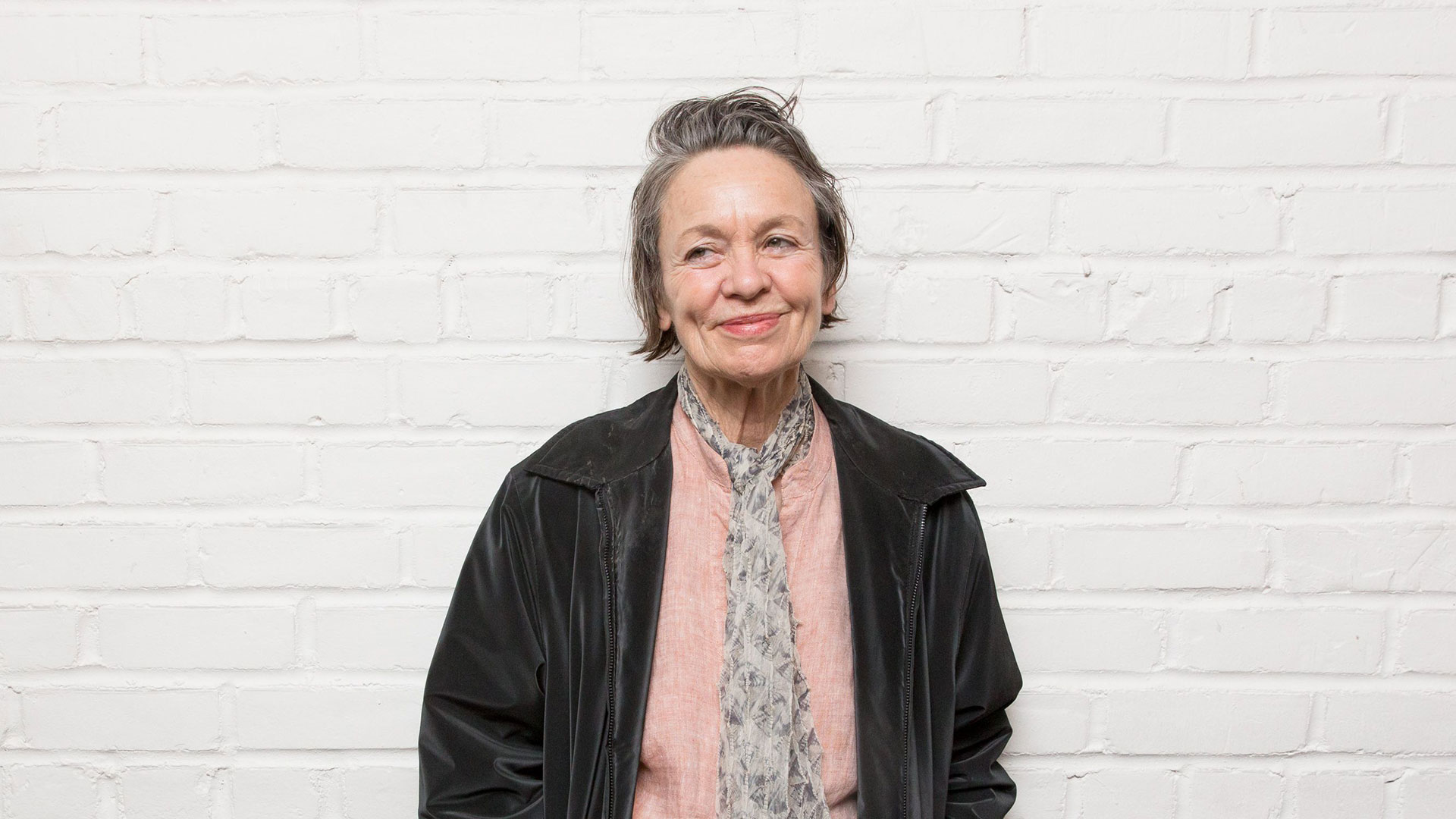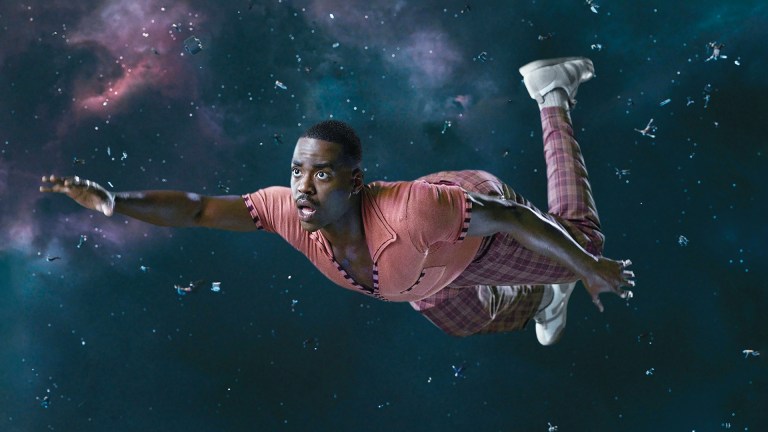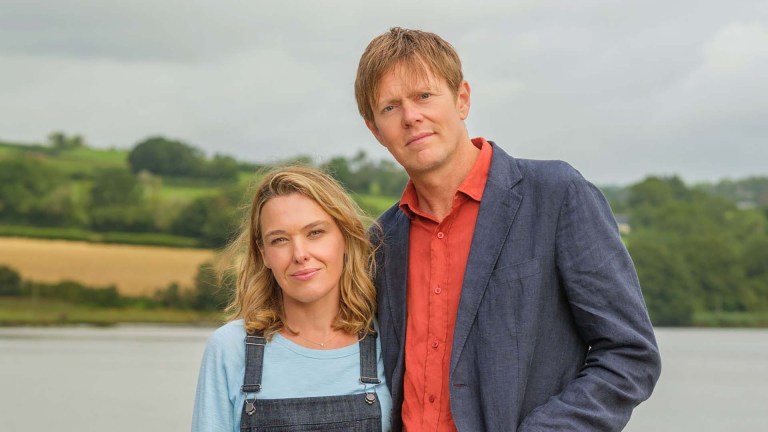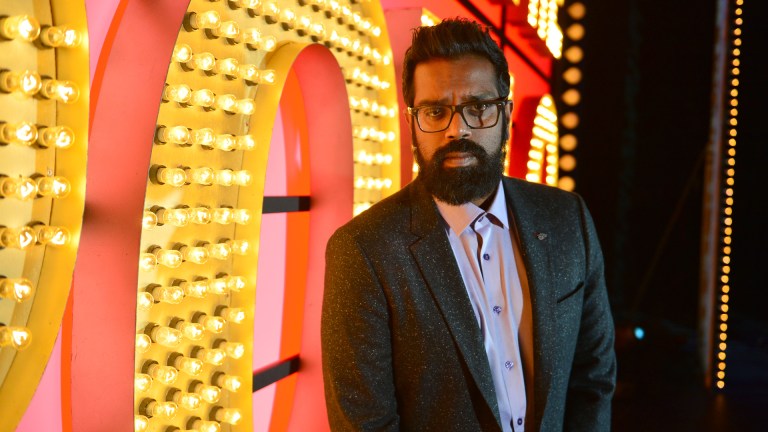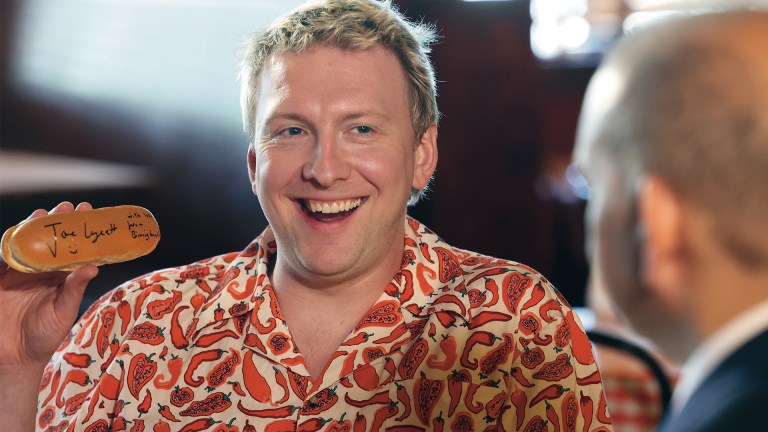When I was 16 I stopped playing the violin. After years of playing I realised I wasn’t good enough to be a solo violin player. That was kind of shocking to me. And I also realised if I wanted to be a professional violinist I’d have to practise so hard, like eight hours a day, and that would mean I could never learn anything else.
I looked at the musicians around me and all they were doing was practising. I wanted to ask them, do you have any regrets? I wanted to learn German and physics, and I wanted to travel. So I quit playing the violin very suddenly. Several decades later I still don’t speak German and I don’t know physics. And I don’t play the violin very well. But I’ve done lots of other things and I think that 16-year-old made a good choice. In fact, that decision, at that time, kind of marked the rest of my life.
It seemed crazy to me, to be just one person all the time.
I stayed away from music for a while after I was 16. The thought of it just stressed me out. We used to go to music camp, and the idea was that we’d play music in the woods in the summer and it would be beautiful – Tchaikovsky in the trees and lakes. But we also had these challenges and we’d be judged against each other. I am not a competitive person and I don’t really enjoy that with other artists. It seemed like it had become more about the competition than the music.
I think I was a lot of things – well-balanced, angsty, happy, unhappy – when I was 16. I didn’t work at having a consistent personality. I knew you were supposed to but that seemed crazy to me, to be just one person all the time. I understand why people don’t want to change into a completely different person each day but there was a lot of pressure on teenagers to adopt one personality and stick with it. Like in the art world, where you’re supposed to have one style and stick to it. That to me seems deadly. So I realised I wanted to be flexible.
I was always good at doing things for myself. I was from a very big family so you were always vying for attention and I didn’t get much. I remember when I was about seven, my sister and I would run home from school, make peanut butter sandwiches, leave them in the kitchen, run back out, then run back into the house and say: “Wow, look what mom made for us! Peanut butter sandwiches!” Because my mother never had time to do things like that for us. I realised, though, love is, for me, the most important thing in the world, it’s also important to take care of yourself.
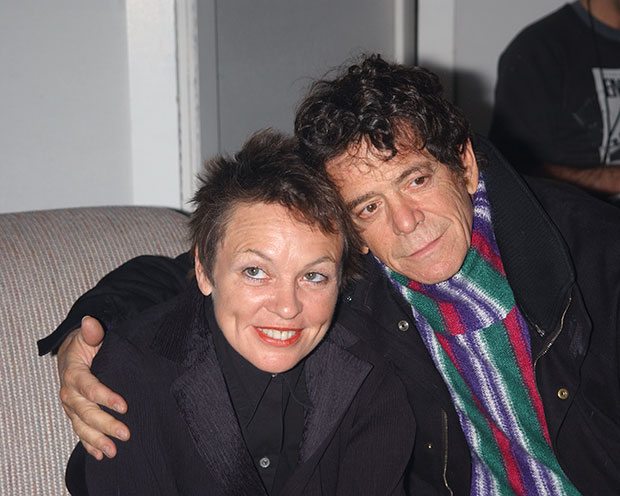
As I’ve got older I’ve realised how much my memories of childhood are just stories I came up with to explain, or cope with, what was going on. When I was 12 I broke my back and had to spend a long time in a children’s ward in hospital. When I talked about it I remembered that the doctors were idiots, they told me stupid stories, they said I’d never walk again – what did they know? When I looked back as an adult I almost had an audio hallucination – it all came back to me, being in that big room for months with kids who had burns or terrible sickness, screaming the way kids do when they’re dying. I was not able to handle it. And I realised my younger self’s version of that time was my way of coping with being very frightened. And so every time I told that story I got further from the truth, I forgot it. You have your go-to stories from your past and you develop your themes.
